David Ruff
Chief Executive Officer Australasia
The views reflected in this article are the views of the author and do not necessarily reflect the views of Babcock International Group or those affiliated with it.
Bashing big business is booming! As we look forward to Federal elections – probably not before May 2019 – what can business leaders do to combat this populist phenomenon?
Bashing big business achieved bloodsport status during the GFC. Electorates rightly questioned the vapour thin, greed derived sub-prime models that presaged the melt-down of western financial systems, with consequent impact on global economies, their systems and societies. “Too big to fail” caused public offence, and it turned the banking industry into a political football. Momentum continued to grow; in the 2016 US elections, we saw with the then Republican Party’s candidate, Donald Trump, lashing out at major corporates such as Apple, Ford and Carrier.
And now the spectacle has reached the pristine shores of Australia, in the shape of the Financial Services Royal Commission. The likely proximity of a Federal election, itself possibly fuelled by the sort of right-wing populism that contributed to Brexit, with the publication of the Commission’s final report will inevitably make the findings of the Commission a political issue; thus further ‘legitimising’ the bashing of big business, here in Australia.
To be clear, I’m not suggesting that the current Royal Commission is the product of right-wing populism, or that it isn’t justified – it isn’t and it is. But the danger is that populist sentiment will drive governments, of whichever hue, to use instruments such as Royal Commissions in place of smart policy-making.
Indeed, we have recently witnessed the stymieing of Policies such as corporate tax reform and national energy modernisation, in favour of political expediency rather than national good.
Who next? And at what cost?
And there is already open conjecture about which industry will next be subject to political/ populist scrutiny; the current favourite being the energy sector. Of course, we can all see that high energy bills are fanning this sentiment; but I question whether a Royal Commission, and yet more bashing, will produce a better result than long-term certainty based on sound Policy?
And, after energy, what’s next? Mining? Pharma? The bandwagon could roll on, with as yet unchartered consequences for whole industries; and by extension, for economies, societies and the communities they serve.
Here, the clue lies in the word “serve”. As western militaries have long recognised, they must reflect the societies from which they draw their people, if they are retain the confidence and support of ‘society’. It’s no different for big business.
It’s in the story…….
This is why every big business needs to have a story to tell, about why it exists. A story that transcends product, profit, or competitive advantage; and which speaks to why society should trust them, why it should have the confidence to support them.
As the Australasian face of a multi-national, I am very clear that we (Babcock International) must have a clear ‘Purpose’, and that we must constantly epitomise that Purpose; it’s simply not good enough to say: “We have great governance, we are ethical, you can trust us.” No one is buying that.
It’s just like Simon Sinek says, “People don’t buy what you do – they buy why you do it.”
So the ‘why’ should be your corporate belief, your driving force, the reason why you exist. It’s the validation of the company’s place within society, not just of its contribution to the economy. Increasingly, it’s also why people want to work for you.
This latter point really matters. As a services-based company, Babcock’s people are our company. Our people reflect the societies within which we operate; so they want our company to do great things and they want to see those great things reflected back into the communities, societies and economies that we all live in.
If leaders get that bit right, big business will more likely reflect the societies from which it draws its people; and those people will be more inclined to get behind something which they value. Which means that they might also be less tolerant of populist grandstanding and enable our politicians to get back to serious policy-making.
How do you find a single unifying idea across diverse entities?
The challenge for companies is identifying their ‘Purpose’ – the reason why they exist. It’s especially difficult for large, diverse multi-sector corporates like Babcock International.
There is no other company in Australia that does what we do. How good is that?! Babcock People are maintaining Collins submarines and ANZAC warships, both fundamental to Australia’s maritime security. They’re flying critical air ambulance, police air, and search & rescue services missions, every day, across three States. They’re managing Qantas’ ground service fleets at 59 sites across Australia, helping to keep Qantas’ planes on time. If you drive a BMW, it’s Team Babcock training those amazing BMW people who keep your vehicle in tip-top safe condition. And Babcock people are flying safe, industry-leading offshore services in the oil & gas industry, right across Australia’s northern shelf.
So we have outstanding people doing great things around the country. But, within these very different services, everyone has their individual passions and purposes. We needed a unifying idea that genuinely reflects why our people get out of bed in the morning, drives them to do what they do, the way they do it; always doing the best for our customers, and the communities and industries those customers serve.
There’s that word “serve”, again…… and, eventually, we realised that what everyone in our company does is this:
We help keep communities safe!
I emphasise ‘everyone’ here. Not all of us can be heroically pulling a family off a roof to escape a bushfire, or saving a child’s life on the airlift to hospital, or contributing to the nation’s security, or helping keep the nation’s oil & gas flowing into our national grid. But some of us will be making sure those people get paid on time; or are cared for when they suffer the strains of the job; or are keeping their skills current; or making sure they take proper holidays; or winning new business that creates more employment opportunities and opens new career pathways for them.
When people understand what they are contributing to – and why what they do makes a contribution back to the communities and societies from which they come – they bring a different attitude to work.
Whenever I speak to Babcock People about our Purpose, it has a visible effect. They get it. We all stand a little taller. And we go about our work, motivated and proud.
That’s why I stay at Babcock; because I’m proud of why we exist, what we do and, most of all, proud of the people who do it. It’s also why I will always stand tall against any big business basher. This big business keeps communities safe.
Our new Australian cabinet has an opportunity
Whether you’re running a business or a country, leaders have an opportunity to bridge divisions, to consider why their entity/ institution/ organisation exists, and articulate unifying ideas that everyone can get behind.
Because if leaders don’t believe in anything other than their own personal success and wealth, we cannot expect anyone to follow us.

